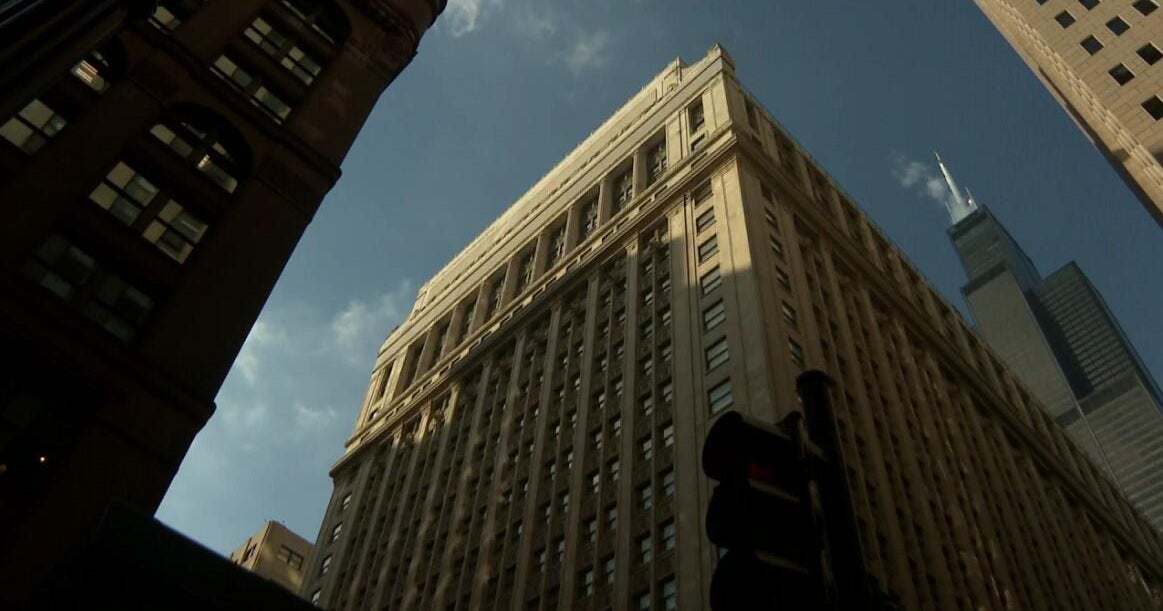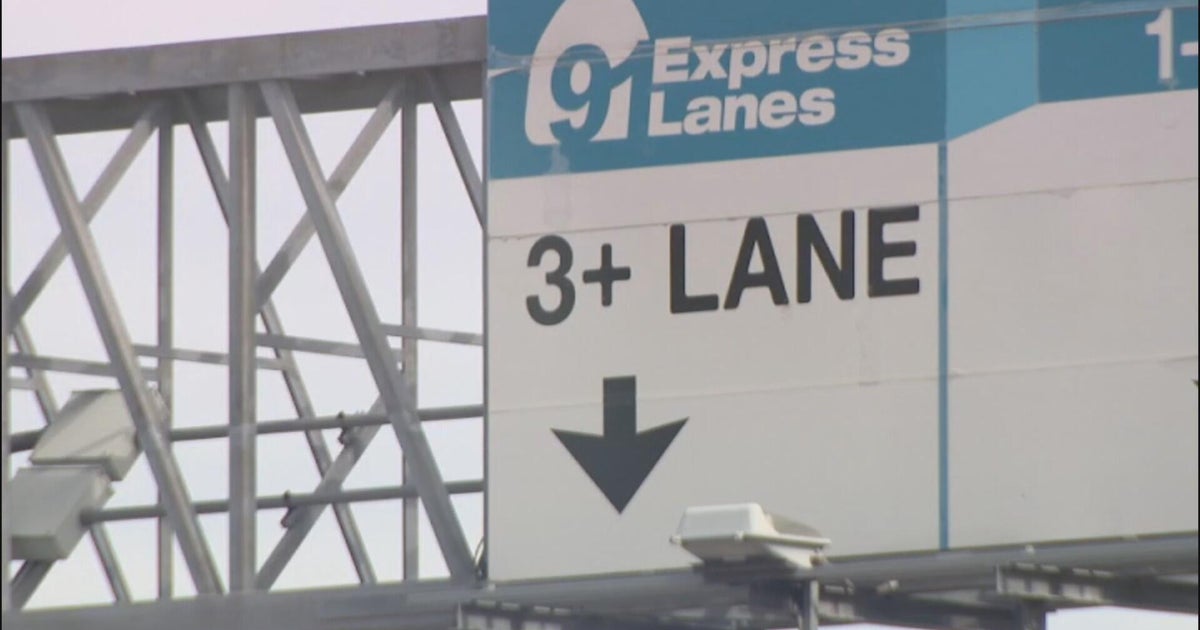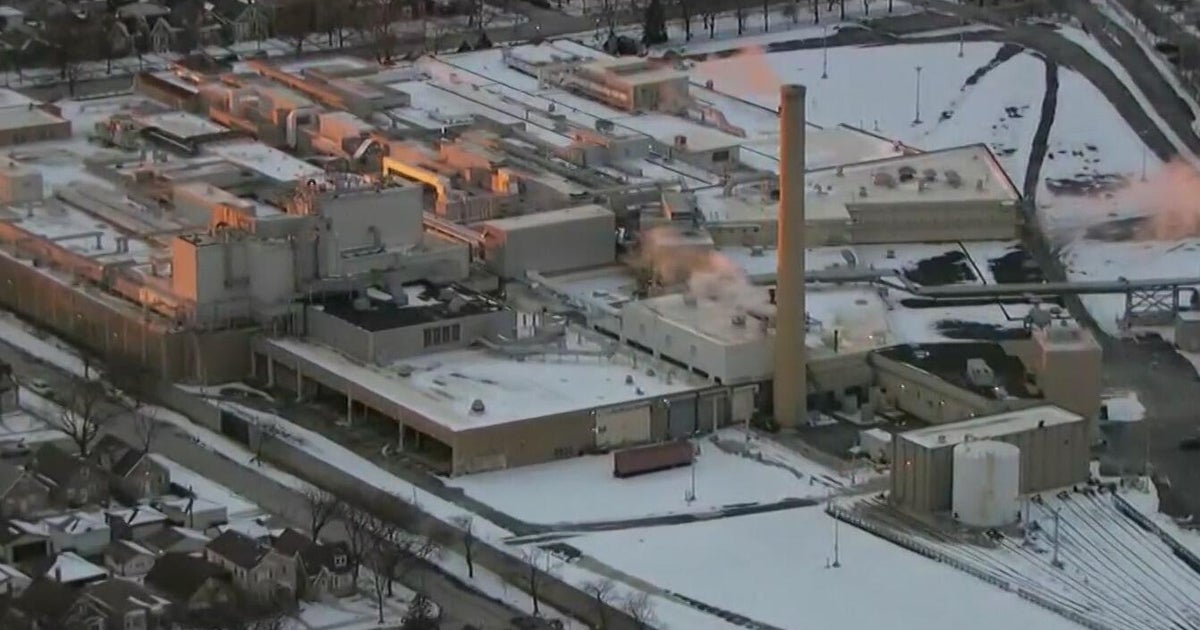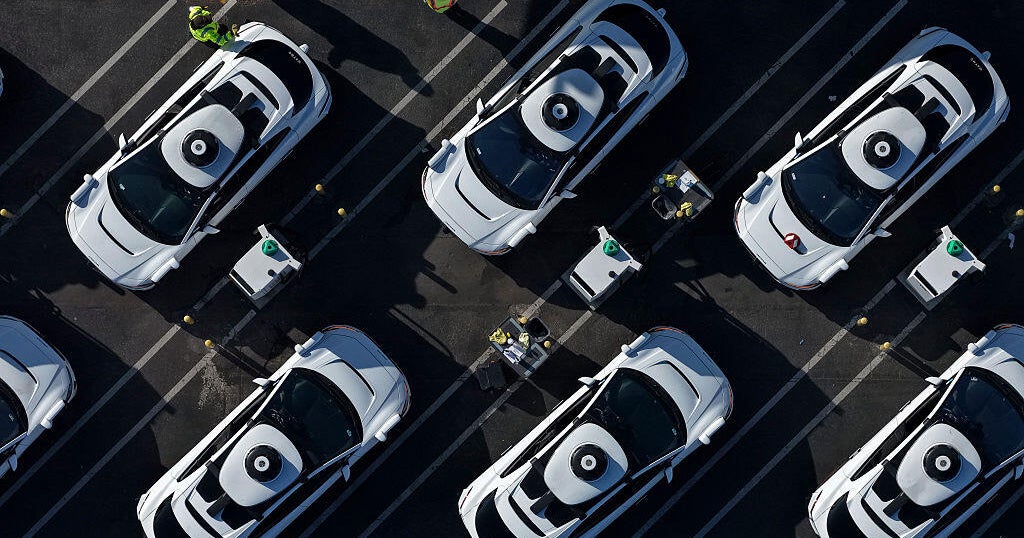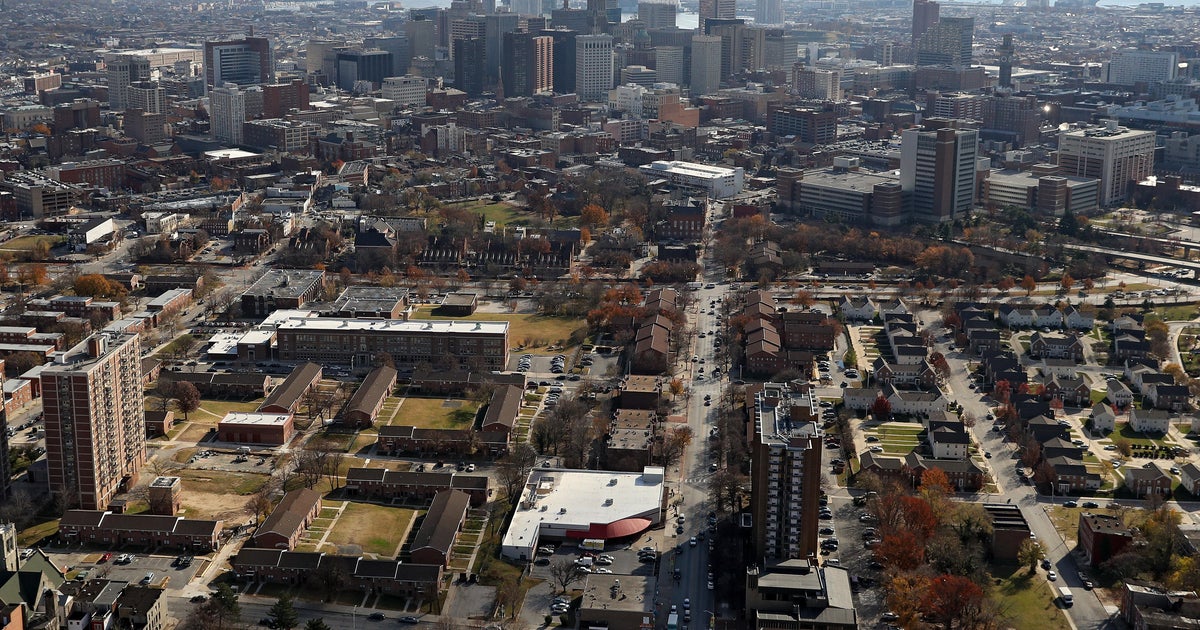48 Hours In Berlin
Getting Around Berlin
The single best way to get around Berlin is by public transportation, primarily on the U-Bahn and S-Bahn. The largest public transportation system in the city is Berlin Transportation Company or BVG, which manages the city's U-Bahn underground railway, bus service, trams and ferries. While the U-Bahn can transport visitors to many of the top attractions, it may also be necessary to use the S-Bahn, the local rail system managed by S-Bahn Berlin Gmbh. Both transit companies offer a tremendous amount of travel information from ticket structure and system maps to individual station information and timetables. Lastly, for the sake of simplifying travel, BVG provides transit information for both its U-Bahn service and the S-Bahn. Additionally, BVG and S-Bahn both offer a full range of ticket passes and operate in three fare zones. The best pass for visitors to consider is a day ticket for either system which costs just €7 or €4.70 for children between the ages of 6-14.
Although BVG's color-coded system map may be difficult to understand for some travelers, its grid-like routes are very much like any other major transportation network in the world, such as New York, Paris or Tokyo. Moreover, for recommended sightseeing on this 48-hour trip, only the following S-Bahn or U-Bahn stations will be utilized: Alexanderplatz, Berlin Hackescher Markt, Berlin Nordbahnhof or U Bernauer, Brandenburger Tor, Checkpoint Charlie, Friedrichstraße and Kurfürstendamm and respective routes are preceded by an S or U. The key is to know the original point of departure station closest to a starting point and the end point subway station on the system map. For example, if a traveler was staying near Alexanderplatz and wanted to go to Friedrichstraße, the options would be S5, S7 or S75. Friedrichstraße is also served by S1, S2, S25 and U6, in addition to a few local bus routes
Other Transportation Options
Tour Operators
If public transportation proves to be too difficult, there are other options in which to get around. However, other services will cost travelers more. The list of tour operators include the Berlin Hop-On Hop-Off bus, Insider Tour Berlin and Original Berlin Walks. Another leading tour operator, Sandemans, also offers a Famous Berlin Free tour, in addition to other tours, such as a Pub Crawl and Red Berlin.
Taxis and Ride Hailing Services
At least seven taxi cab companies operate in Berlin, with the current, most up-to-date information available on sites like Visit Berlin and Berlin.de. Additionally, Uber is available for ride-hailing service in Berlin.
Bicycle Rentals
There are several bike rental companies operating in Berlin. Among the top rated from past customers include Fat Tire Tours, Berlin on Bike, Berlin and Bike and Stadt und Rad.
Day 1
Regardless of where visitors are staying in Berlin, a great way to start the first day is to take the subway to the Friedrichstraße (Frederick Street) station. This station is one of the city's primary transit hubs and within walking distance to many top attractions, including the must-see Brandenburg Gate and its famous Quadriga. The only surviving gateway of the original 18 constructed in the 1700s, the Brandenburg Gate is arguably the most famous landmark in Germany and during the Cold War era, served as a gate crossing for the Berlin Wall. Before proceeding further on their journey, visitors might want to consider seeing the historic Reichstag Building, the former House of Parliament structure, just minutes north of the Brandenburg Gate.
On the opposite side of the Brandenburg Gate is the eastern border of the Tiergarten, the most popular park in the city and second largest. At 520 acres, visiting this garden is an option for someone with just 48 hours to visit. Nevertheless, Tiergarten is home to the Berlin Zoological Garden, the oldest and most prestigious zoo in the country and the well-known Berlin Siegessäule, also known as the Berlin Victory Column. Just a few minutes south of Brandenburg Gate is the Holocaust Memorial, another highly recommended stop on the tour.
The Brandenburg Gate also serves as the gateway to Unter den Linden (Under the Linden Trees), the tree-lined that's home to the Berlin State Opera and the passageway across the famed Schlossbrücke bridge to the former site of the Stadtschloss (City Palace), that was demolished a few years after sustaining heavy damage from Allied bombers in World War II. Under reconstruction since 2013, the City Palace resides on Museum Island, a UNESCO World Heritage Site which is home to several world-class museums and the Berliner Dom, the largest church in the city. While all of the museums are worthy of a tour, travelers should make an extra effort to visit the Neues Museum (New Museum), which showcases an extraordinary ancient Egyptian collection, including the bust of Queen Nefertiti, one of the most famous and most important artifacts from ancient Egypt.
After a full day of sightseeing, visitors might want to head next to Kurfürstendamm, one of the city's premiere shopping and entertainment districts and Berlin's version of the Champs-Élysées in Paris. However, because of its distance from Brandenburg Gate and Museum Island, it's all but necessary to take the U-Bahn from Brandenburger Tor or the S-Bahn from Berlin Hackescher Markt.
For those interested in shopping, the Kurfürstendamm is home several major department stores including KaWeDe (Kaufhaus des Westens or Department Store of the West), the largest in Continental Europe. But the Kurfürstendamm is also noted for another major city landmark -- the Kaiser Wilhelm Memorial Church, located in the popular public square known as Breitscheidplatz, that's typically filled with street musicians and crowds of people and close to several restaurants and bars. Not far from the Berlin Zoological Garden, the Kaiser Wilhelm Memorial Church suffered heavy damage during an allied bombing raid in 1943. Situated in what is considered the symbolic center of West Berlin, the ruins of the church now serves as a symbol of peace and war memorial.
Day 2
One must-see attraction that was left out on Day 1 are the remnants of the Berlin Wall, including the Berlin Wall Memorial. That's because this preserved border strip in the former East Berlin is away from the other attractions in the day before. Yet, because it's easily accessible by taking the S-Bahn to Berlin Nordbahnof (North Train Station), it could be added in lieu of another part of the tour. Additionally, there are other must-see places to view segments of the Berlin Wall, such as the East Side Gallery, the largest remaining portion of the wall still in existence and best known for its ofttimes controversial artwork, and Checkpoint Charlie, the most famous crossing point of the Berlin Wall between the former East Berlin and West Berlin during the Cold War.
A few miles south of the Berlin Wall Memorial is Alexanderplatz, the largest public square in the city marked by its famous Fernsehturm Berlin (TV Tower). Although Alexanderplatz is another primary transportation hub and attraction in the city, it isn't necessary to spend much time here, especially if time is running short. Instead, the recommendation is to visit Berlin Hackescher Markt, another popular shopping district, or head back to Museum Row, just across the Spree River. Other notable spots to consider on the final day are Potsdamer Platz, an historic public plaza approximately 1 km (.6 miles) from Brandenburg Gate, the Jewish Museum Berlin, one of the largest Jewish museums in Europe about a 1 km walk from Checkpoint Charlie, Nikolaiviertel, the oldest residential section of the city, located near Museum Island and the historic Olympiastadion, site of the 1936 Summer Olympics, 2006 FIFA World Cup Final and the 2011 FIFA Women's World Cup Final, located 4.75 miles west of the Berlin Zoo and accessible by the S-Bahn.
Randy Yagi is an award-winning freelance writer covering all things San Francisco. In 2012, he received a Media Fellowship from Stanford University. His work can be found on Examiner.com
